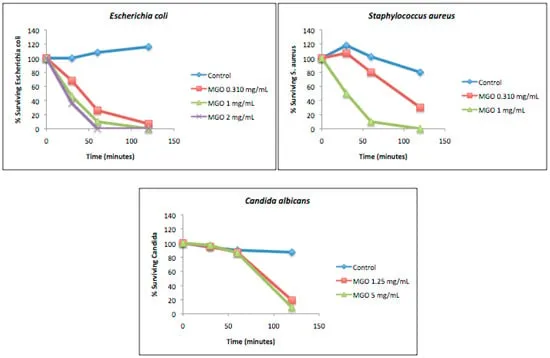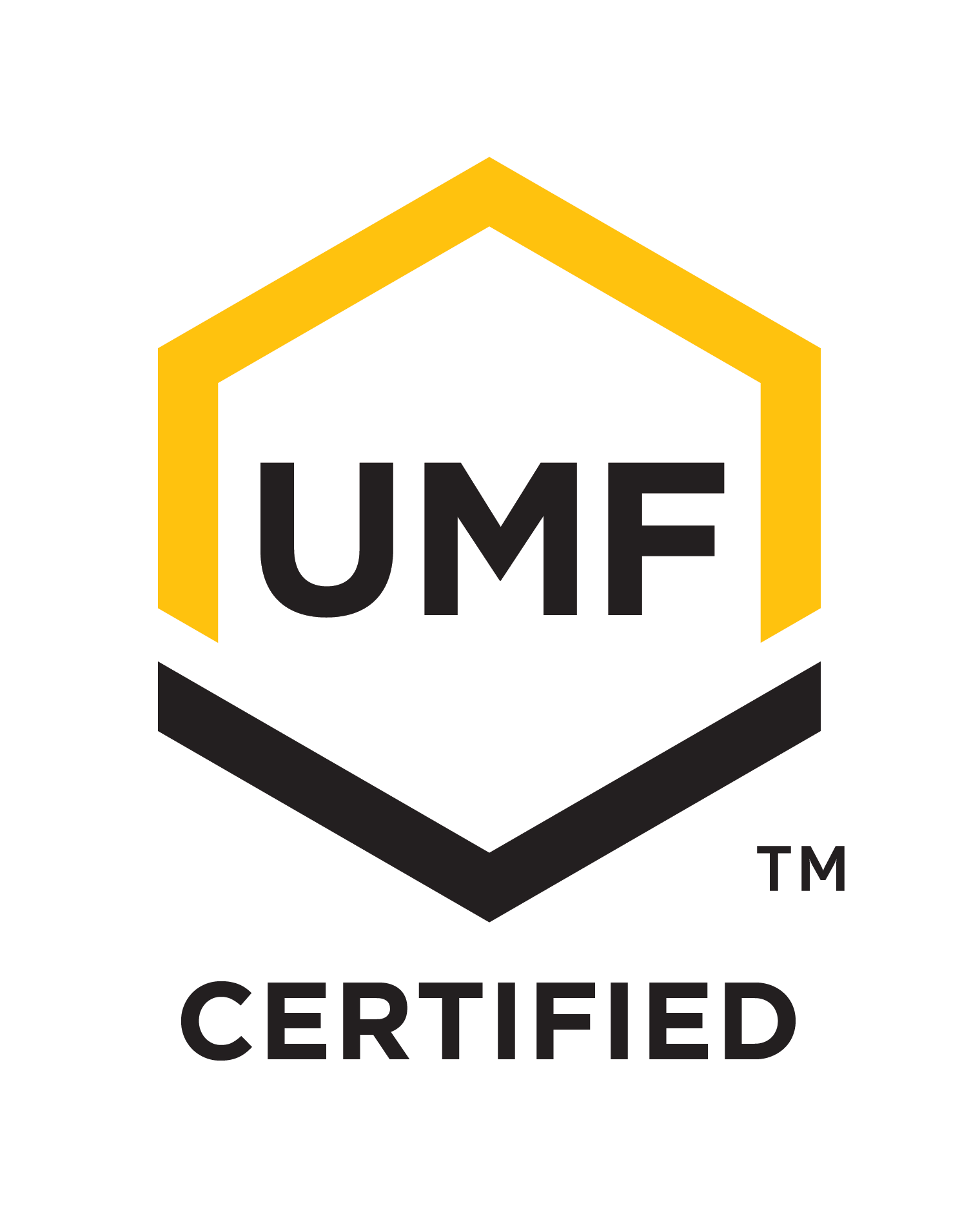
Methylglyoxal, the Major Antibacterial Factor in Manuka Honey: An Alternative to Preserve Natural Cosmetics?
External linkMicrobial safety is an essential prerequisite of cosmetics, and preservatives are required to prevent product spoilage and damage to consumers’ health. Consumer concern about the safety of some cosmetic ingredients and the increasing demand for more natural beauty products has driven cosmetic industries and formulators to find natural alternatives to replace synthetic preservatives currently used. In this study, methylglyoxal (MGO, the main factor responsible for the antimicrobial activity of manuka honey) was tested for antimicrobial activity against a panel of selected bacteria and mycetes by using conventional microbiological techniques (determination of M.I.C., time-kill assay), and its potential preservative in an O/W emulsion was investigated (challenge test). MGO showed a remarkable and fast antibacterial activity (M.I.C. values 0.150–0.310 mg/mL), while the inhibitory activity against fungi was less marked (M.I.C. values 1.25–10 mg/mL); chitosan has proven to be a synergist of antimicrobial effectiveness of MGO. Results of the challenge test showed that the addition of MGO to a cream formulation was efficient against microbial contamination. On the basis of our results, MGO appears to be a good candidate as a cosmetic preservative of natural origin; further studies are needed to confirm its applicability and its safety.
